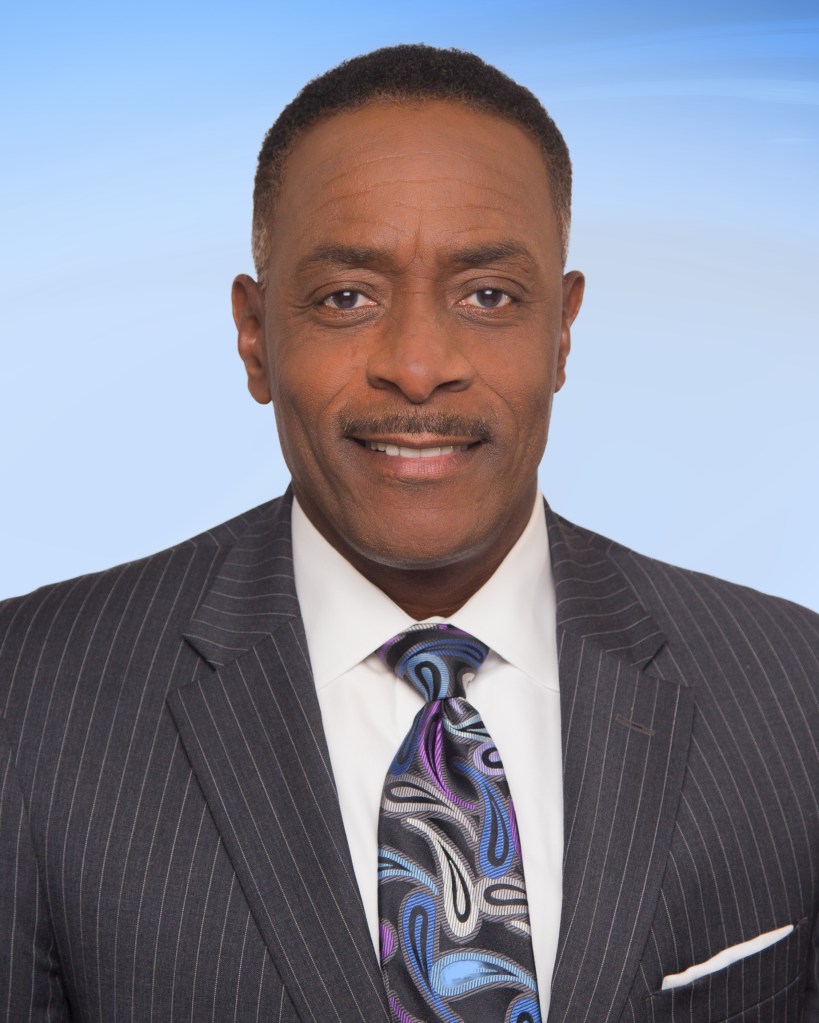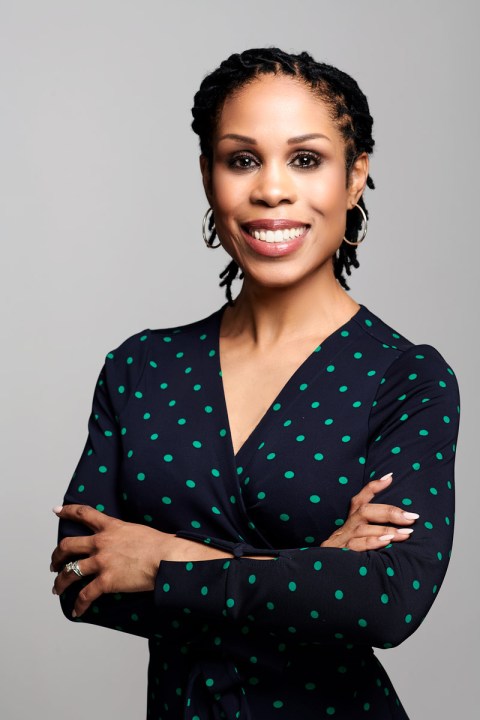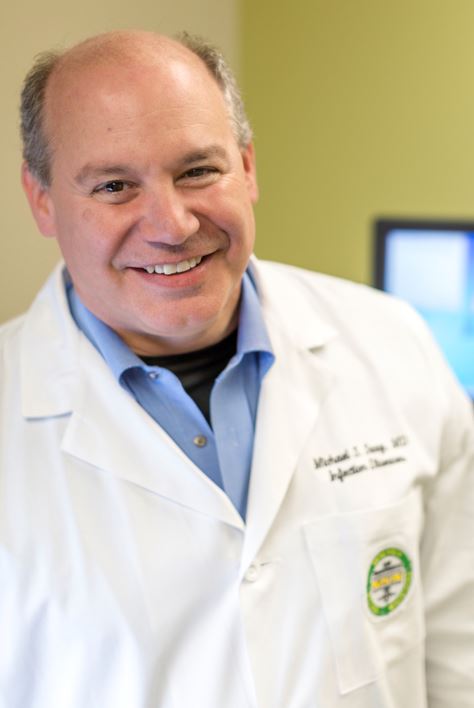Have a question about COVID-19 and our “new normal?” Email the question, your name, and your city to our experts at coronaquestions@nexstar.tv to have it answered on “Coronavirus House Calls.” Watch the next episode on Saturday, May 23 at 3 p.m. CT!

BIRMINGHAM, Ala. (WIAT) — As the death toll from the coronavirus (COVID-19) pandemic continues to rise in the U.S., we’re looking past statistics. With parts of the country reopening, confusion surrounds our ever-evolving situation. We’re here to talk about your concerns, differentiate between fact and fiction, and move from fear to hope as we navigate this “new normal” together.
[WATCH: Coronavirus House Calls | May 9-10]
That’s why we’ve assembled a panel of the nation’s top doctors to answer your biggest questions about COVID-19 in the Nexstar digital original, “Coronavirus House Calls,” hosted by Emmy award-winning CBS 42 Anchor Art Franklin.
Some of the questions addressed this weekend include:
If sports are able to resume in the fall, what would that look like for players and fans? What’s the link between this Kawasaki-like sickness affecting children and COVID-19? Is there a plan to protect essential workers during the second surge in COVID-19 cases? Could llamas hold the key to defeating COVID-19? Can we trust the accuracy of the CDC’s COVID numbers? Does Vitamin D protect against COVID-19? What’s the difference between getting a vaccine and antibodies? Is Remdesivir considered the best COVID-19 treatment? Does restricting our access to outdoor spaces, where we safely socially distance, truly do more good than harm? What does the new saliva coronavirus test mean for our nation’s testing capacity? Are large gatherings, like music festivals, a thing of the past?
If you have a fever or cough, you might have COVID-19. Most people have mild illness and are able to recover at home. Keep track of your symptoms. If you have an emergency warning sign (including trouble breathing), get medical attention right away.
MEET THE DOCTORS
Uché Blackstock, MD (New York City, NY)
Emergency medicine physician & CEO/Founder, Advancing Health Equity LLC

As an emergency medicine physician and the founder of Advancing Health Equity, Dr. Uché Blackstock is caring for patients on the front lines of the COVID-19 crisis, as well as on the front lines of “the pandemic of inequities.” Dr. Blackstock has a nuanced understanding of the role that structural racism and systemic inequities have played in the disproportionate impact of COVID-19 on the case and mortality rates in Black communities throughout NYC and elsewhere. From the first revelation of the novel coronavirus, she has sounded the alarm about COVID-19’s potential to devastate Black communities and what federal, state, and local officials must do to mitigate the virus’ spread among our most vulnerable populations. Dr. Blackstock has been featured in The Washington Post, PBS NewsHour, and CBS. She has contributed to Scientific American.
Follow Dr. Blackstock on Twitter.
Jeremy Faust, MD, MS (Boston, MA)
Emergency medicine physician & instructor, Harvard Medical School

Dr. Faust is a proud ER doctor dedicated to improving health outcomes and our healthcare system through extensive collaboration with public policymakers at all levels of government. He is an outspoken critic of the administration’s response to the pandemic, particularly about the faulty metrics used to plan for “re-opening;” the imprudent precedents set by the evolving clinical trial standards starting with Remdesivir; intubation-related drug shortages; COVID-19 testing, antibodies, and vaccines; and, medical equipment supply chains and the economy.
Dr. Faust is an emergency physician in the Division of Health Policy and Public Health at Brigham and Women’s Hospital in Boston and an instructor at Harvard Medical School. He is medical editor-in-chief of ACEP Now, the monthly magazine of the American College of Emergency Physicians, and co-host of the award-winning medical education podcast, FOAMcast. Dr. Faust’s academic writing credits include the Journal of the American Medical Association, the BMJ, Lancet Oncology and the Annals of Emergency Medicine, where he serves an associate editor for News and Perspectives. He is also editor-in-chief of Brief19, a blog dedicated to a daily roundup of SARS-CoV-2, written by and formed by doctors. Dr. Faust has appeared in CNBC, CNN Anderson Cooper, CNN Situation Room, Yahoo! News, BBC, Fox News, and has written for Washington Post, Slate and Scientific American.
Follow Dr. Faust on Twitter and check out the Brief19 website and Twitter page.
Oveta Fuller, PhD (Ann Arbor, MI)
Virologist & professor, University of Michigan Medical School

A. Oveta Fuller is medical school faculty member in Microbiology and Immunology and in the STEM Initiative of the African Studies Center (ASC) at the University of Michigan (UM). She also is an adjunct professor at Payne Theological Seminary (PTS) and an ordained itinerant elder and former pastor of the African Methodist Episcopal Church. As a scientist who studies and teaches about viruses (a virologist), Dr. Fuller’s laboratory team has published studies about herpes simplex and influenza viruses. She teaches UM medical, graduate, dental, and undergraduate students about human virus pathogens. Her current community engagement research with networks of religious leaders in communities of Zambia, South Africa and the USA seeks to enhance effective engagement in disease prevention. This includes teaching annual courses at Payne Seminary “What Effective Clergy Should Know about HIV/AIDS” and What Effective Leaders Should Know about Health.” Her UM study abroad course, “Global Impact of Microbes: Fieldwork” takes students to field sites to explore effective partnerships for global health research.
Dr. Fuller earned a B.A. (biology) and a Ph.D. (microbiology and immunology) from the UNC-CH and conducted postdoctoral training at the University of Chicago. Along with research grants from the NIH and National Science Foundation, she is a fellow of the Ford Foundation (1986) and the J William Fulbright (2012) programs. Her sabbatical in 2015-2016 in sociology at Duke University explored the use of religious leader networks in disease prevention. She has received academic and community awards in recognition of contributions and is an inaugural alumna of the Ansbacher Women in Academic Leadership Program at the UM Medical School. Dr. Fuller lived most of 2013 in the southern African country of Zambia conducting studies with the Trusted Messenger approach she developed for HIV/AIDS prevention. She grew up in Caswell County, N.C and is the daughter of Herbert R. and Deborah Woods Fuller. She and her husband Dr. Jerry Caldwell live in Dexter, Michigan and are parents of three young adults.
Learn more about Dr. Fuller’s work at UM, and read more about her efforts to bring faith and science together.
William Li, MD (Cambridge, MA)
President, Angiogenesis Foundation & author, “Eat to Beat Disease“

William W. Li, MD, is an internationally renowned physician, scientist and author of the New York Times bestseller “Eat to Beat Disease: The New Science of How Your Body Can Heal Itself.” His groundbreaking work has led to the development of more than 30 new medical treatments and impacts care for more than 70 diseases including cancer, diabetes, blindness, heart disease and obesity. His TED Talk, “Can We Eat to Starve Cancer?” has garnered more than 11 million views. Dr. Li has appeared on “Good Morning America,” CNN, CNBC, and “The Dr. Oz Show,” and he has been featured in USA Today, Time magazine, The Atlantic and O magazine. He is president and medical director of the Angiogenesis Foundation and is actively researching COVID-19.
Check out Dr. Li’s website and follow him on Instagram and Facebook.
Michael Saag, MD (Birmingham, AL)
Director of the Center for AIDS Research, University of Alabama at Birmingham

Dr. Saag received a B.S. in chemistry with honors in 1977 from Tulane University, earned his medical degree with honors from the University of Louisville, and completed his residency and infectious disease and molecular virology fellowship training at the University of Alabama at Birmingham. During the last six months of his fellowship, Dr. Saag conceived the concept of a comprehensive HIV outpatient (1917) clinic dedicated to the provision of interdisciplinary patient care in conjunction with the conduct of high quality clinical trials, translational science, and clinical outcomes research. Within the clinic structure, he established a clinical trials unit, a data management center, and a Clinical Specimen Repository designed to support the activities of the newly established Center for AIDS Research at UAB. In essence, the clinic became a “hub” for the clinical, basic science, and behavioral science investigators by creating a dynamic interface between the patients and the investigators.
Dr. Saag has participated in many studies of antiretroviral therapy as well as novel treatments for opportunistic infections. He has published over 450 articles in peer-reviewed journals, including the first description of the use of viral load in clinical practice (Science, 1993), the first description of the rapid dynamics of viral replication (Nature, 1995), the first guidelines for use of viral load in practice (Nature Medicine, 1996), and the first proof of concept of fusion inhibition as a therapeutic option (Nature Medicine, 1998). He directed the ‘first-in-patient’ studies of seven of the 30 antiretroviral drugs currently on the market.
Dr. Saag co-edited a textbook entitled “AIDS Therapy” (now in its 3rd edition) and currently serves as an Editor of the “Sanford Guide for Antimicrobial Agents” and the “Sanford HIV Guide.” Dr. Saag serves on the International AIDS Society-USA Board of Directors, is a past president of the HIV Medical Association, is Chair of the IAS-USA Antiretroviral Therapy Guidelines panel, was a founding Co-Chair of the AASLD/IDSA Hepatitis C Guidelines Panel, and is a past-member of the HHS Guidelines Panel on Antiretroviral Therapy and the WHO Antiretroviral Therapy Guidelines panel.
In 2014, he was the Castle-Connolly National Physician of the Year and was inducted into the Alabama Healthcare Hall of Fame. An accomplished teacher, Dr. Saag has been awarded Argus awards annually by the UAB medical students as Best Lecturer in the Patient, Doctor, and Society module. Dr. Saag recently published a memoir entitled “Positive: One Doctor’s Personal Encounters with Death, Life, and the US Healthcare System,” now in its second printing.
Follow Dr. Saag on Twitter.









